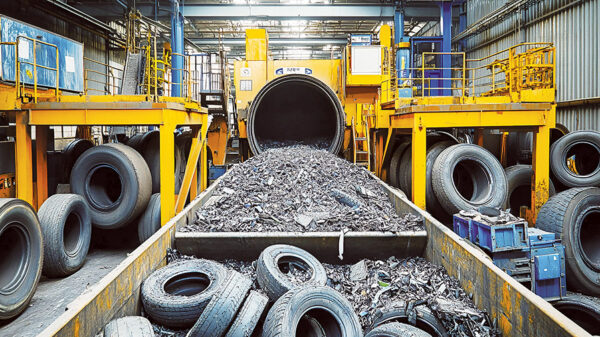Hydro and Porsche signed a letter of intent aiming to reduce the carbon footprint of Porsche’s car models. Based on this framework, the two companies have now signed a long-term agreement that opens for Hydro to deliver best-in-class, low-carbon aluminum for Porsche’s vehicle production in the years to come. Capacity reservation and product development of low-carbon aluminum will allow Porsche to increase the use of recycled materials and reduce the carbon footprint of aluminum components. This will support their efforts to achieve a net-carbon neutral value chain of newly produced vehicles in 2030.
“With this collaboration, we bring an innovative business model to the market to allow industries to further decarbonize their supply chains. We are very excited to work with a fast moving pioneer like Porsche to help them deliver on their ambitious climate targets. I hope this serves as an inspiration for others to follow suit,” says Eivind Kallevik, president and chief executive officer of Hydro.
The scope of the agreement includes both Hydro REDUXA primary low-carbon aluminum and Hydro CIRCAL 75R recycled aluminum containing a minimum of 75 percent post-consumer scrap. The aluminum is expected to go into the production of Porsche’s next generation of sports cars.
In addition to potential future deliveries of low-carbon and recycled aluminum, the agreement entails technical collaboration on the development of new alloys with higher recycled content. The two companies will also explore how Hydro’s long-term decarbonization projects, including the emission-free smelting technology currently under development, can be integrated into Porsche’s supply chain.
Transparency and traceability from mine to metal
Hydro’s integrated value chain, which spans from bauxite mining and alumina refining, to energy generation, smelting, extrusion, and recycling, allows the company to offer low-carbon aluminum products with traceability and transparency in every step from mine to metal. This is key to document emission cuts and reach Hydro’s target of 30 percent reduction in carbon emissions by 2030, driven to a large extent by fuel switch and boiler electrification using renewable energy at the Alunorte
alumina refinery in Brazil.
Hydro’s approach involves radically rethinking every step of the value chain to take the lead in the green aluminum transition. The decarbonization needs to support just transition and contribute to a nature-positive future.







